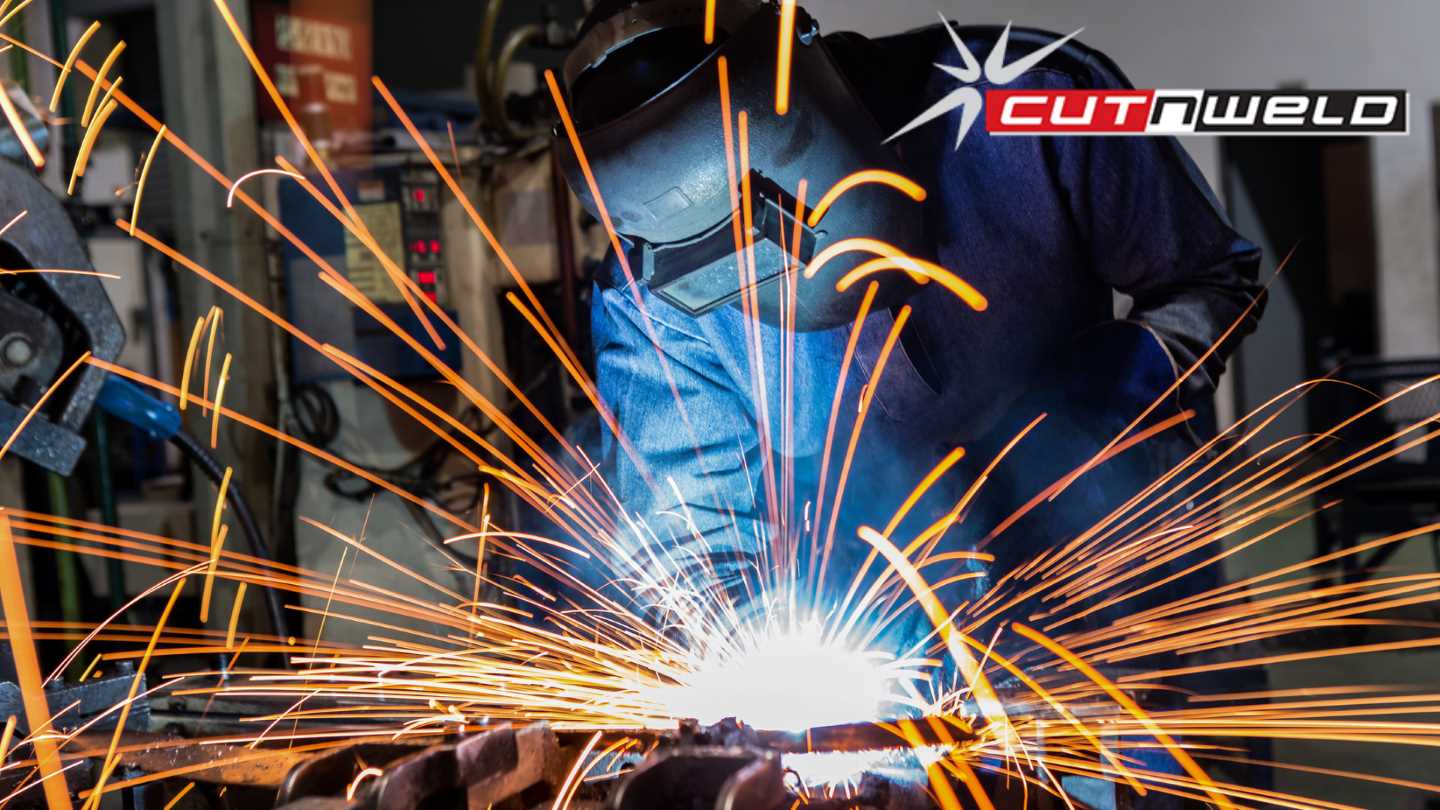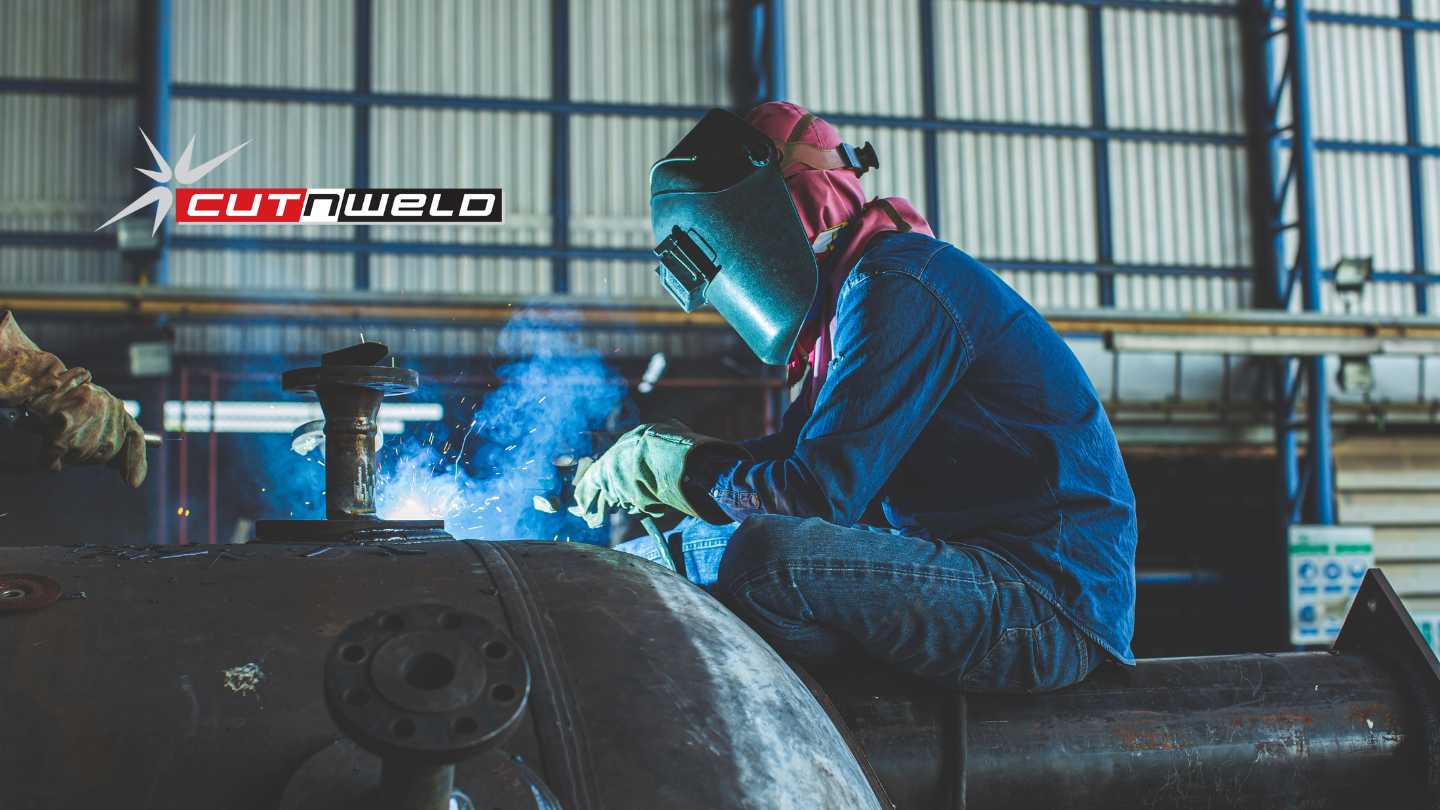
Upskilling Your Sales Force: The Laser Welding Advantage
The precision of a Laser Welding Machine ensures that the first weld of the day looks exactly like the last, reducing the human error factor.
No products in the Quote Basket.
No products in the Quote Basket.

When buying a welding machine, there are a few key factors to consider to ensure that you get the right machine for the job. These factors include the type of welding you will be doing, the machine’s duty cycle, and whether you will be using the machine for DIY or production welding, to name a few. This article will take a closer look at each of these factors and provide tips on choosing the best welding machine for your needs.
The first thing to consider when buying a welding machine is the type of welding you will be doing. There are three main types of welding: MIG, TIG, and MMA. MIG welding, or metal inert gas welding, is the most commonly used type of welding and is best for welding thin sheet metal and steel. TIG welding, or tungsten inert gas welding, is best for welding thin sheet metal, aluminium, and stainless steel. MMA welding, or manual metal arc welding, is best for welding thicker metal and is often used in construction and heavy industry.
When it comes to welding different metals, choosing a welding machine designed for the specific type of metal you will be working with is essential. For example, if you will be welding aluminium, then a machine specifically designed for aluminium welding will be necessary (TIG). Additionally, when welding different types of metals, you will need to consider the metal’s thickness and the temperature required for the welding process.
Different welding machines are designed to handle different thicknesses of metal, and choosing a machine that is not powerful enough for the metal you will be working with can lead to poor quality welds and weld failures as well as increased downtime and costs.
When choosing a welding machine, it is important to consider the machine’s duty cycle. The duty cycle is the amount of time a machine can be used continuously before it cools down. A machine with a higher duty cycle will be able to handle more demanding welding jobs and will require less downtime for cooling.
Another important factor to consider when buying a welding machine is whether the machine will be used for DIY or production welding. If you plan to use the machine for DIY projects, then a smaller and more affordable machine will likely suffice. However, if you will be using the machine for production welding, a larger and more powerful machine will be necessary.
Additionally, it is important to consider the cost of electricity used when welding. Welding machines are power-hungry and can significantly increase your electricity bill if used frequently. Therefore, it is important to look for a machine with high energy efficiency and low power consumption to save on electricity costs in the long run if you are a DIY welder, for example. Some welding machines also come with power-saving modes that can reduce power consumption when in use. Furthermore, it is important to consider the power cost of a production welding machine to determine whether it will cater to your production’s energy budget.
The environment in which the welding machine will be used is also an important factor. Suppose the machine will be used in a harsh or industrial environment. In that case, a machine that is built to withstand such conditions and is designed to operate in extreme temperatures, dust or moisture will be necessary. Additionally, if the machine will be used in a confined or tight space, then a machine that is compact and portable will be ideal.
In conclusion, when buying a welding machine, it is important to consider the type of welding you will be doing, the duty cycle of the machine, whether the machine will be used for DIY or production welding, the type of metal you will be welding, the thickness of the metal, the cost of electricity use, and the environment in which the welding machine will be used. By considering all of these factors, you can ensure that you choose the best welding machine for your needs and get the job done right while also saving on electricity costs and making sure the machine is suitable for the environment and conditions it will be used in.
No matter what kind of welding machine you need, Cut-N-Weld can provide for your needs. Contact our sales team if you need advice beyond what this article provides. Our team of experts can help you make the right choice.

The precision of a Laser Welding Machine ensures that the first weld of the day looks exactly like the last, reducing the human error factor.

Unlock the secrets to achieving clean, efficient cuts with the right cutting torch nozzle! Whether in construction or manufacturing, the right nozzle enhances quality and safety. Explore our guide to learn about essential nozzles, their features, and how to choose the perfect one for your needs. From acetylene to propane, optimize your cutting process and elevate your craft. Don’t let poor choices lead to mistakes—discover cutting torch nozzles with us today!

Laser art welding isn’t just functional, it’s an art. Precision, detail, and creativity combine to turn metalwork into true expression.